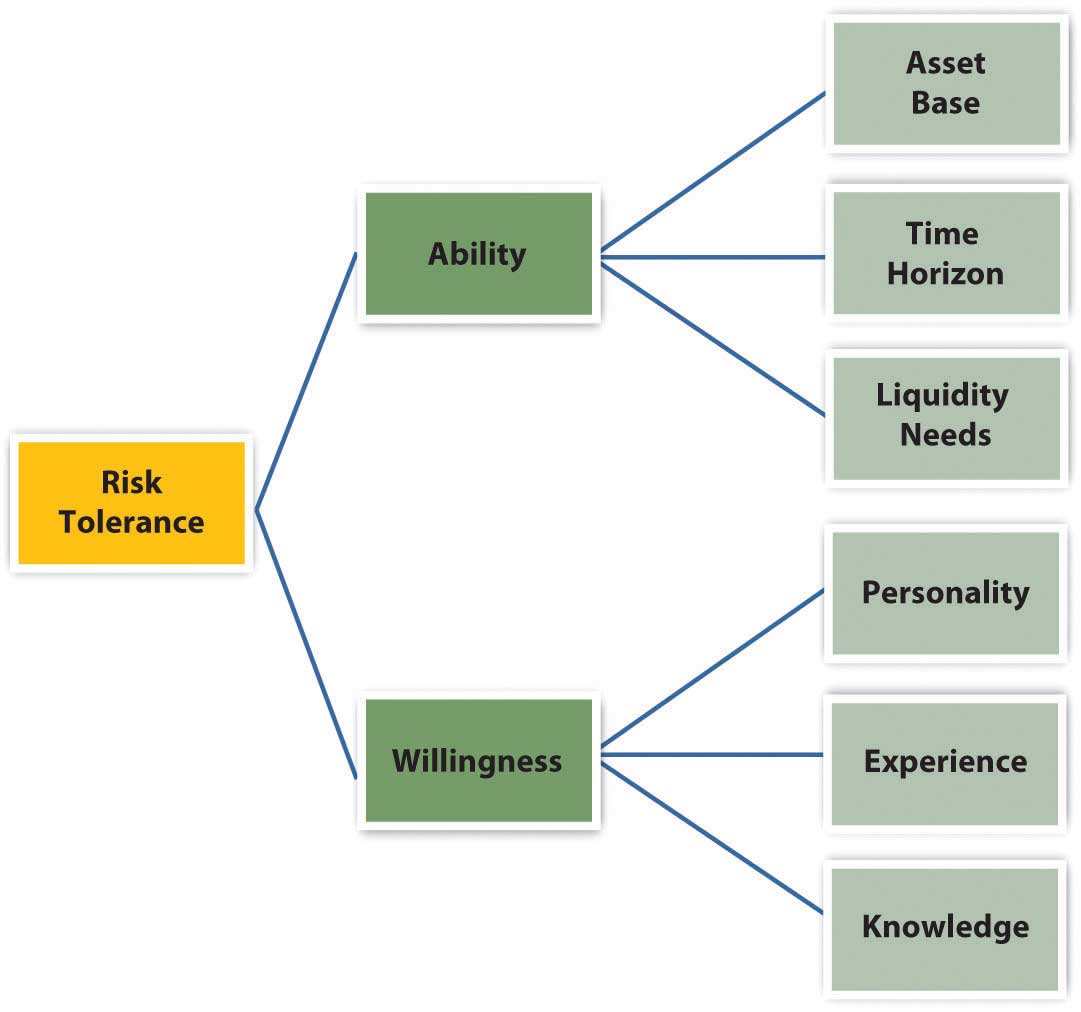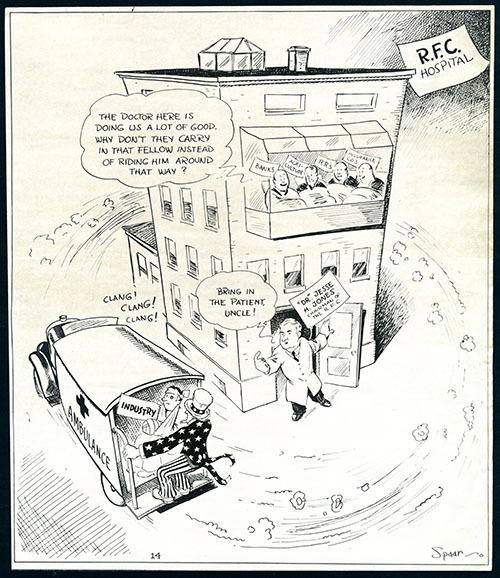Table of ContentsIndicators on How Do I Calculate The Yield To Maturity Of A Bond Using Business Finance Online You Need To KnowThe Definitive Guide for What Is Bond In Finance With ExampleThe Best Strategy To Use For Which Of These Describes A Bond Personal FinanceThe Best Guide To A City Could Issue Which Type Of Bond? Quizlet
Services aren't the only entities that can issue bonds. Governments and towns offer them also. Let's take a look at how these kinds of bonds vary. Advertisement Government Bonds: To money programs, satisfy their payrolls and essentially pay their expenses, governments concern bonds. Bonds from steady federal governments, such as the United States, are considered very safe investments.
The U.S. government provides its own bonds from the treasury and from a number of federal government firms. Those growing in less than one year are known as T-bills. Bonds that mature in one to ten years are T-notes, and those that take more than ten years to mature are treasury bonds. Sometimes, you don't have to pay state or regional income taxes on the interest they earn.
Munis financing things like health centers, schools, power plants, streets, office complex, airports, bridges and the like. Towns generally provide bonds when they need more money than they collect through taxes. The advantage about local bonds is that you don't need to pay federal earnings taxes on the interest they earn.
While business bonds are a greater risk than federal government bonds, they can earn a lot more money. There's likewise a much bigger selection of business bonds. The disadvantage is that you do have to pay federal income tax on the interest they make. Particularly when buying business bonds, it is essential to think about how dangerous the bond is.
You can research the provider's financial situation to see how solid its potential customers are. This includes investigating things like cash circulation, debt, liquidity and the company's company strategy. As fun as it sounds to research these things, most of us do not have the time or skills to evaluate a corporation's financial situation accurately.
Their specialists investigate a business's circumstance and figure out a bond ranking for the business. Every score service has its own formula for determining danger and its own sort of score scale. Usually, score scales are spelled out in letter grades, where an AAA rating designates a safe, low-risk bond, and a D ranking designates a high-risk bond.
government bonds, are generally low-yield bonds. You can depend on getting a payment but that payout will be little. what is bond rating finance. On the other side of the spectrum, you have what's not-so-affectionately referred to as, which are low-rated, high-risk bonds. In order to lure financiers into purchasing these risky scrap bonds, the providing companies promise high yields.
A Biased View of What Is New Mexico Activities Or Expenditures Do The Bond Issues Finance
But if you do, you might earn money in spades. Still unsure about a few of the terms related to bond investment? Have a look at the glossary on the next page.
Bonds are loans made to big companies. These consist of corporations, cities, and national governments. An individual bond is a piece of an enormous loan. That's due to the fact that the size of these entities needs them to obtain cash from more than one source. Bonds are a type of fixed-income financial investment. The other kinds of financial investments are cash, stocks, commodities, and derivatives.
They differ according to who issues them, length up until maturity, interest rate, and danger. The safest are short-term U.S. what is a yankee bond in finance. Treasury expenses, however they also pay the least interest. Longer-term treasurys, like the criteria 10-year note, provide a little less danger and partially higher yields. POINTERS are Treasury bonds that protect against inflation.

They return a little bit more than Treasuries however are a bit riskier. Corporate bonds are issued by business. They have more threat than government bonds due to the fact that corporations can't raise taxes to pay for the bonds. The danger and return depend upon how credit-worthy the business is. The greatest paying and highest danger ones are called scrap bonds.
Until then, the borrower makes agreed-upon interest payments to the bondholder. People who own bonds are also called creditors or debtholders. In the old days, when individuals kept paper bonds, they would redeem the interest payments by clipping coupons. Today, this is all done digitally. Obviously, the debtor repays the principal, called the face worth, when the bond matures.

They can just do this due to the fact that there is a secondary market for bonds. Bonds are either openly traded on exchanges or offered privately between a broker and the lender. Since they can be resold, the worth of a bond rises and falls up until it grows. Imagine The Coca-Cola Company wished to borrow $10 billion from financiers to get a big tea company in Asia.
It provides each bond at a par worth of $1,000 and assures to pay pro-rata interest semi-annually. Through a financial investment bank, it approaches investors who buy the bonds. In this case, Coke needs to sell 10 million bonds at $1,000 each to raise its preferred $10 billion prior to paying the charges it would incur. Each $1,000 bond is going to get $25.00 per year in interest.
Little Known Questions About A City Could Issue Which Type Of Bond? Quizlet.
If all goes well, at the end of ten years, the initial $1,000 will be returned on the maturity date and the bond will stop to exist. Bonds pay off in 2 methods. First, you get income through the interest payments. Naturally, if you hold the bond to maturity, you will get all your principal back.
You can't lose your investment unless the entity defaults. Second, you can benefit if you resell the bond at a higher cost than you purchased it. Often bond traders will bid up the price of the bond beyond its face worth. That would take place if the net present worth of its interest payments and principal were higher than alternative bond investments.
Many individual investors prefer to let a skilled fund supervisor choose the very best choice of bonds. A mutual fund can likewise lower danger through diversification. This method, if one entity defaults on its bonds, then just a small part of the investment is lost. Some bonds, known as zero-coupon bonds, do not disperse interest income in the form of checks or direct deposit however, rather, are issued at a specifically calculated discount rate.
Over the long haul, bonds pay out a lower return on your financial investment than stocks. In that case, you might not earn enough to exceed inflation. Investing just in bonds may not allow you to save enough for retirement. Companies can default on bonds. That's why you require to inspect the bondholder's S&P rankings.
They could rapidly default. They must offer a much higher rate of interest to attract purchasers. Although usually considered "safe," bonds do have some risk. Credit risk describes the likelihood of not receiving your guaranteed principal or interest at the contractually guaranteed time due to the issuer's failure or aversion to distribute it to you.
The absolute highest investment-grade bond is a Triple-A rated bond. There is always an opportunity that the government will enact policies, deliberately or unintentionally, that cause widespread inflation. Unless you own a variable rate bond or the bond itself has some sort of integrated defense, a high rate of inflation can damage your buying power.
When you purchase a bond, you know that it's probably going to be sending you interest earnings routinely. There is a risk in this, however, in that you can not predict ahead of time the precise rate at which you will have the ability to reinvest the cash. If rate of interest have actually dropped considerably, you'll have to put your fresh interest earnings to work in bonds yielding lower returns than you had actually been enjoying.
What Is New Mexico Activities Or Expenditures Do The Bond Issues Finance "2017" - An Overview
This indicates that when you obtain them, you might have a hard time selling bonds at top dollar. This is among the reasons it is almost constantly best to limit the purchase of individual bonds for your portfolio to bonds you plan to hold till maturity. For numerous individuals, valuing bonds can be confusing.
Simply put, the more need there is for bonds, the lower the yield. That appears counter-intuitive. The factor depends on the secondary market. As individuals demand bonds, they pay a greater rate for them. However the interest payment to the bondholder is fixed; it was set when the bond was first sold.
Put another way, the cost they paid for the bond yields a lower return. Financiers usually demand bonds when the stock exchange becomes riskier. They are willing to pay more to prevent the higher threat of a plummeting stock exchange. Considering that bonds return a set interest payment, they look appealing when the economy and stock exchange decline.